You check the mirror several times before heading out the door with confidence, knowing that you look your very best…only to later take a selfie that shows your face as wrinkled, old, and haggard.
If you can relate, you’re not alone – this is a surprisingly common phenomenon that has left many people wondering why they seem to look so much older in photos. Is it the fault of the camera or has the mirror been lying to you? More importantly, what do you need to do to make sure that each snap captures the real, not-so-wrinkled you? Read on – we’re about to explain!
Contents
- When Selfies Go Bad: Why Do I Look So Old in Pictures? Why Do I Look Bad in Pictures But Good in Real Life? A Closer Look at Camera Face Distortion
- Do Cameras Make You Look Worse in Other Ways Too?
- It’s True – the Camera Changes Face Appearances: Here’s How to Transform Those Weird Selfies from Terrible to Terrific
- FAQ
- Q: Why do my wrinkles look worse in a mirror?
- Q: Why do I look way worse in photos?
- Q: How do you make photos look less wrinkled?
- Q: Do phone cameras make your skin look worse?
- Q: How do people see you in real life?
- Q: Why does my face look crooked in pictures?
- Q: Why is my face lopsided in pictures?
- Q: Why do I look so different on camera?
- Q: Why do I look worse on camera?
- Q: Why am I so ugly on camera?
- Q: Do iPhone cameras make you look worse?
- Q: How do I look in real life?
- Q: What’s the difference between how you think you look vs how you really look?
- Q: Do you look better in real life or pictures?
- Q: Do I look the same in the mirror as in real life?
- Q: What does my face look like in real life vs pictures?
- Q: What’s the reason behind pictures that get worse the longer you look?
- Conclusion: Do Cameras Show How You Really Look?
When Selfies Go Bad: Why Do I Look So Old in Pictures? Why Do I Look Bad in Pictures But Good in Real Life? A Closer Look at Camera Face Distortion
There are a few reasons why photos that you take of yourself amplify your wrinkles.
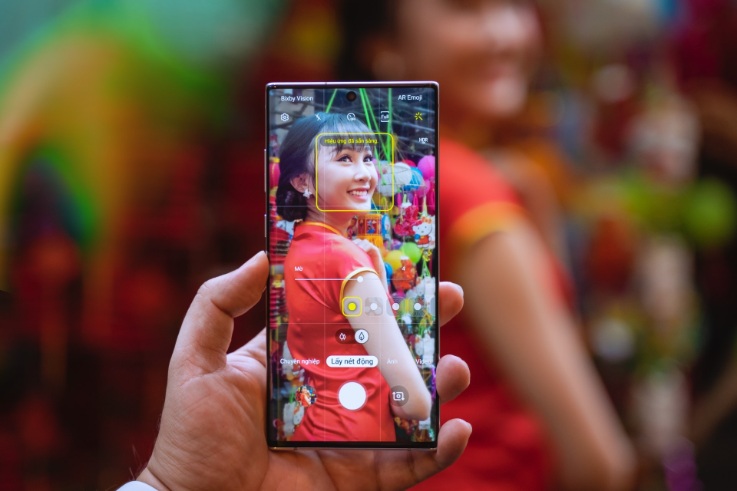
The first is flash – those bright lights can really magnify fine lines and wrinkles. Try taking the same photo without the flash and those creases should immediately look much softer.
Many camera lenses also distort facial features, enlarging those that are closest to the lens, such as the nose and jowls. Considering that these are the same features that naturally grow bigger with age, having to see them exaggerated even further can make you look several years older than you really are.
RELATED: Can You Reverse Wrinkles in Your 20s
Do Cameras Make You Look Worse in Other Ways Too?
Unfortunately, it’s not just about wrinkles, cameras often distort other skin concerns and facial features too:
Does Acne Look Worse on Camera?
If you suffer from acne, then you’ll probably be all too familiar with how those pimples and blemishes can look so much worse on camera. The reason for this is usually down to sharpness settings – these can make spots and scars look much grainier than they do in real life, which makes them more noticeable.
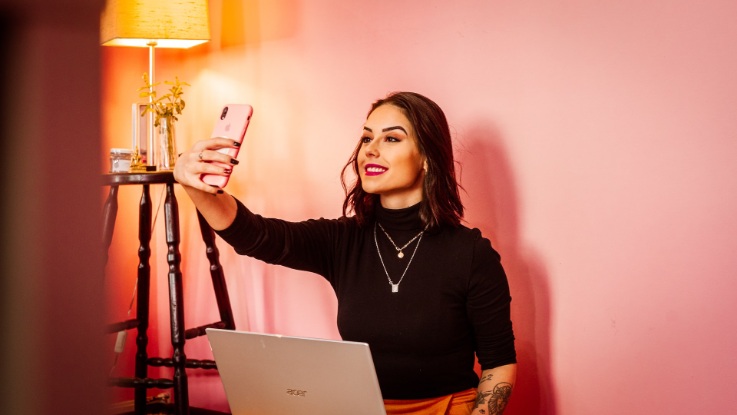
Why Does My Skin Look Bad on Camera?
Lighting is likely to be the reason why your skin looks bad on camera. This not only refers to the lighting that you’re taking your pictures in but also to any automatic lighting adjustments that your camera makes when snapping each photo.
Why Do My Eyes Look Weird in Pictures?
The distorting effect that many camera lenses have is likely to blame for why your eyes look strange in pictures. It could also be down to how selfies are usually taken quite close-up, whereas you probably only look at your face from further away when staring into a mirror.
It’s True – the Camera Changes Face Appearances: Here’s How to Transform Those Weird Selfies from Terrible to Terrific
Does this mean that you have to resign yourself to looking old and tired in each photo that you take? Most definitely not! Here’s how to ensure that your selfies capture an accurate representation of your beautiful self:
Use a Different Lens
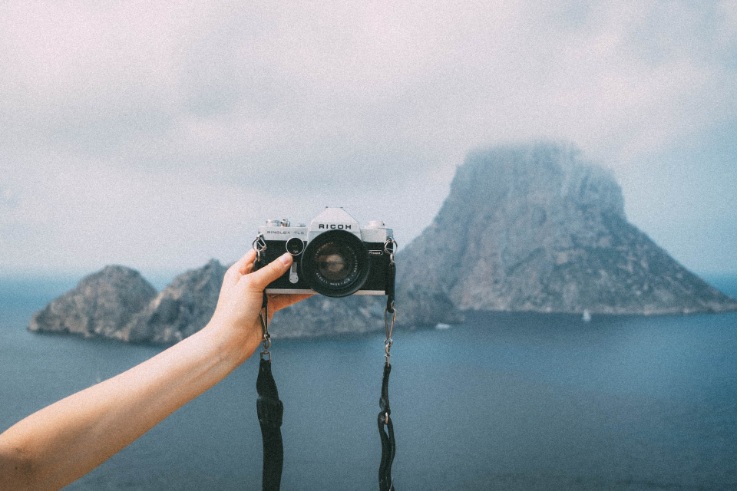
Most people take selfies using their phone’s front camera, rather than the main camera so that they can see themselves on screen while doing so. However, the front camera is usually a wide-angle lens, which has more of a distorting effect. Try flipping your phone around and using the main camera instead – the results will be pretty different!
Remember That Mirror Images are Inverted
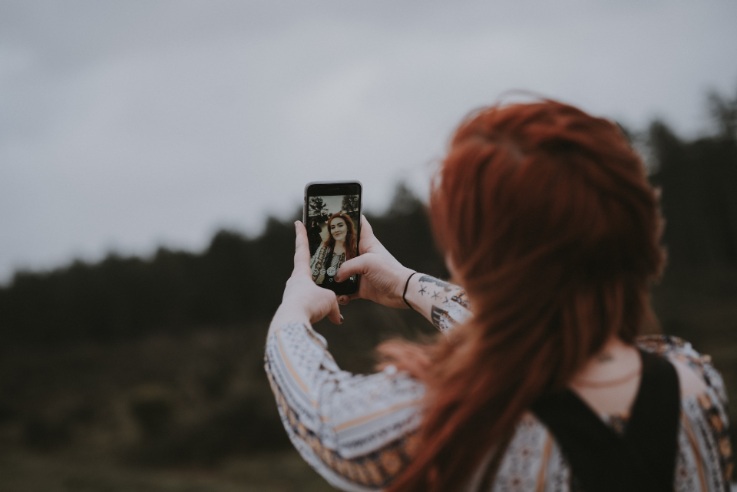
People tend to be most familiar with the image of themselves that they see in a mirror. However, mirrors invert what you see, whereas pictures don’t. This means that, in images that aren’t inverted, the symmetry of your face will look different when compared to an inverted image.
One way to rectify this is to use the flip feature to invert a selfie – this will leave you with a picture that’s much more similar to what you see in the mirror.
Natural, Indirect Lighting Will Prevent Wrinkled Forehead Selfies

Bright, harsh lighting will emphasize wrinkles and other shadows on your face. To avoid this, try taking pictures in front of a window that doesn’t have sunlight shining directly through. If you’re not able to do this, play with the lighting settings on your camera before you start snapping away.
Use an App to Smooth Wrinkles
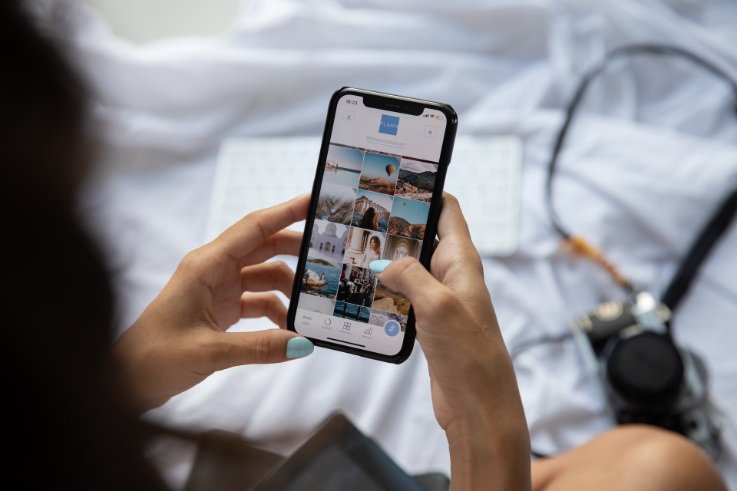
If you’ve followed all of these tips but still find that your wrinkles are exaggerated in pictures, then your next best bet would be to smooth them away with a photo editing app. There are plenty out there to choose from, and some will also give you the option of touching up blemishes and other imperfections too.
ALSO READ: Does Microdermabrasion Help Wrinkles
FAQ
Q: Why do my wrinkles look worse in a mirror?
This could be due to the angle at which you’re viewing yourself. If you’re looking downwards in any way, then gravity will be pulling your skin in the same direction, which can exaggerate wrinkles and loose skin.
Q: Why do I look way worse in photos?
Photos can sometimes exaggerate wrinkles and other imperfections, which can make a person look older and more tired.
Q: How do you make photos look less wrinkled?
Photo editing apps are a great way to get rid of wrinkles.
Q: Do phone cameras make your skin look worse?
Some phone cameras, especially the front-facing ones, can make your skin look worse.
Q: How do people see you in real life?
In real life, people see you as you really are, rather than the flipped image of yourself that you see when you look into a mirror.
Q: Why does my face look crooked in pictures?
The camera lens can sometimes distort certain facial features, which can leave the face looking crooked.
Q: Why is my face lopsided in pictures?
If your face looks lopsided in pictures, this is probably because of how the camera lens has amplified certain features.
Q: Why do I look so different on camera?
Lens distortion can make a person look very different on camera.
Q: Why do I look worse on camera?
This could be down to lens distortion, lighting, angles, and many other things.
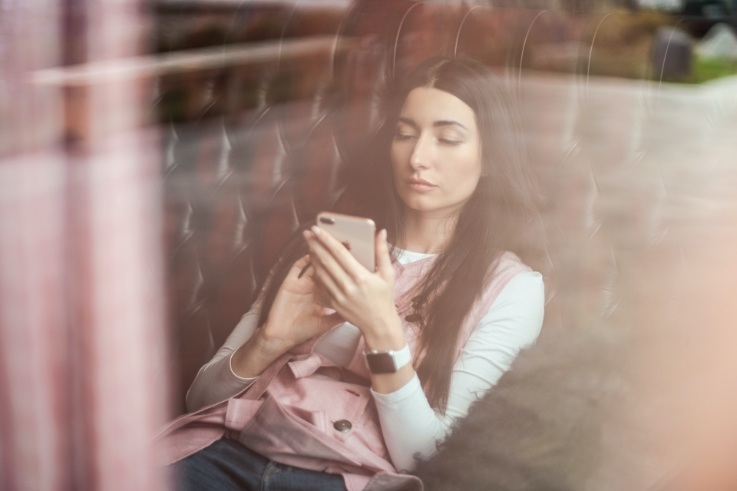
Q: Why am I so ugly on camera?
This is likely due to how a camera lens makes certain parts of the face look bigger and other parts smaller.
Q: Do iPhone cameras make you look worse?
The front camera of an iPhone can sometimes make a person look worse.
Q: How do I look in real life?
If you take a photo of yourself from a distance, then this is what you look like in real life.
Q: What’s the difference between how you think you look vs how you really look?
A mirror shows your reflection in 2D – this is likely to be what you think you look like. However, in real life, you’re 3D, which is why you may look different.
Q: Do you look better in real life or pictures?
Most people find that they look better in real life compared to in pictures.
Q: Do I look the same in the mirror as in real life?
No, a mirror flips your image and only shows a 2D representation of you. In real life, your image isn’t flipped and it’s 3D.
Q: What does my face look like in real life vs pictures?
In pictures, the camera distorts certain pictures, which isn’t what your face would look like in real life.
Q: What’s the reason behind pictures that get worse the longer you look?
Sometimes, the longer you look at a picture of yourself, the more you notice imperfections.
Conclusion: Do Cameras Show How You Really Look?
While cameras may be a great way to capture a person’s likeness, they’re not a 100% accurate representation. Camera lenses, as well as lighting, distort certain facial features, which can make a photograph of you look very different from the real-life version. Fortunately, by following the tips above, you’ll be able to make sure that not only is your camera taking a true image of yourself, but the picture that you end up with is one where you look better than ever!